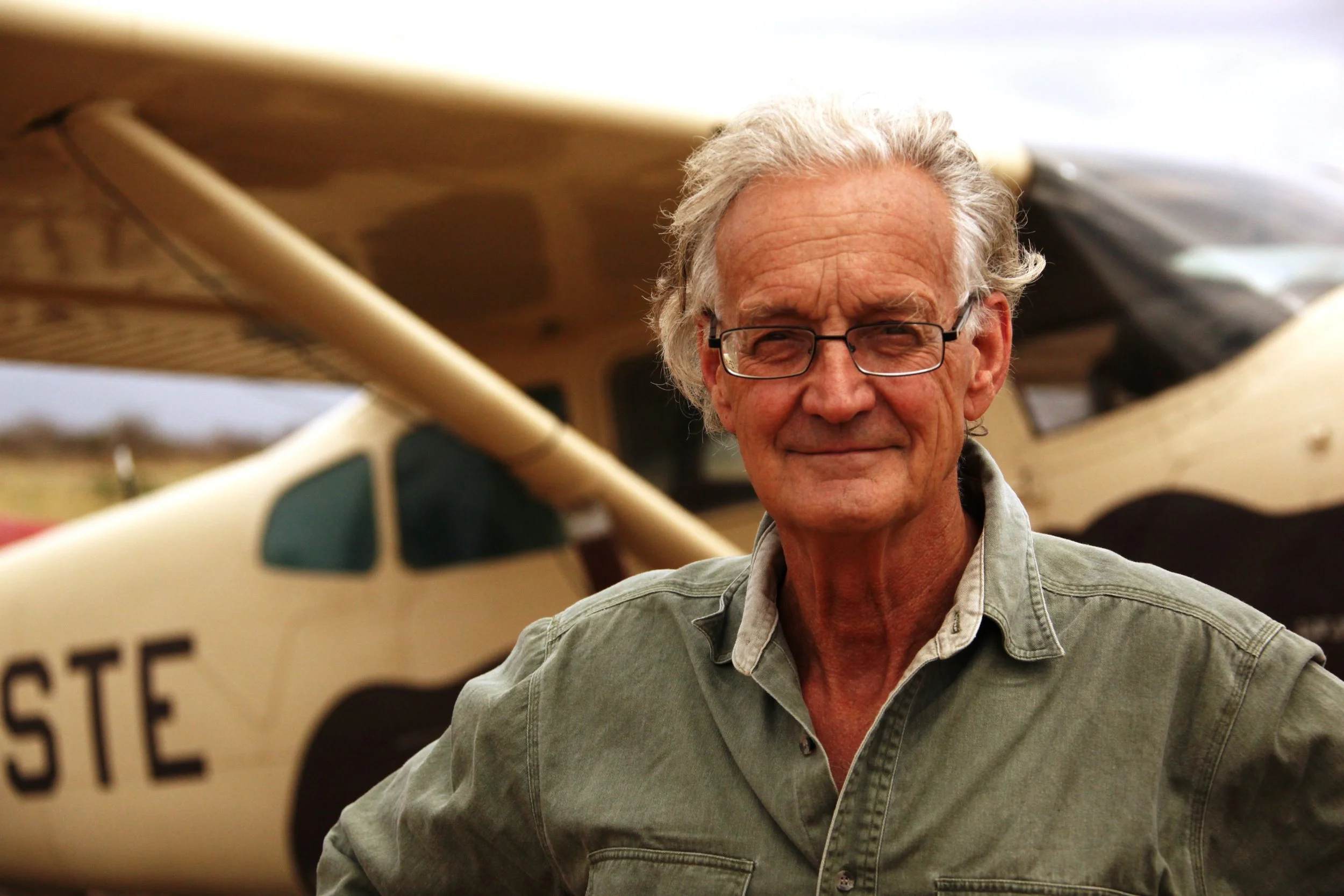Vietnamese Province Granted $2.2m to Phase Out Elephant Riding
Dak Lak, home to the country’s largest elephant population, will end all riding by 2026 in favor of elephant-friendly alternative tourism ventures thanks to financial support from the Animals Asia Foundation.
Credit: Amy Jones/Moving Animals
Elephant rides in the mountainous province of Dak Lak in Vietnam - home to the country’s largest elephant population - are set to end by 2026, with authorities expected to spend around 55.4 billion VND (2.2 million USD) to support the transition.
Funded by Hong Kong-based animal welfare organization Animals Asia Foundation (AAF), the project will help tourism sites become more elephant-friendly while supporting elephant ‘owners’ and mahouts (keepers) to counteract lost income.
Investments will also be made to support ethical elephant care centers, said Tran Xuan Phuoc, director of the Elephant Conservation and Wildlife Rescue Center. In addition, education and awareness events surrounding elephant protection will take place in the community.
An agreement between Dak Lak and AAF to phase out riding, elephant performances such as swimming, football and racing, elephant parades on asphalt or concrete roads, and the use of elephants to recreate hunting scenes was signed in December 2021, with funds to be distributed from November last year to December 2026.
“Vietnam is leading the way in ethical elephant tourism,” said Dave Neale, Animals Asia’s Director of Animal Welfare at the time of the agreement. “We hope that other countries will take notice and understand that the moral landscape of tourism is changing as more people become aware of the cruelty involved in using wild animals for human entertainment.
“We are committed to working with elephant owners and tour operators to transition away from the riding tourism model towards ethical elephant tourism which will both ensure the welfare of the elephants while providing a regular income for their owners.”
So far, eight elephants have been rescued and rehomed by Dak Lak Elephant Conservation Center as part of the project, according to the VnExpress.
Animals Asia predicts that the new elephant-friendly tourism model will benefit both the elephants and the local communities.
“We hope that once people know about this model, we will get more tourists coming to see the elephants roaming free in the forest, naturally behaving like an elephant," said Tuan Bendixsen, Vietnam Director of Animals Asia. "It is expected that the tourists will also bring an income for Dak Lak and the reputation of the natural park in the province, which will also benefit.
“It's going to be a win-win for everyone when the elephants are removed from riding, into an elephant-friendly tourism model.
A Disappearing Species
Credit: Amy Jones/Moving Animals
There are currently an estimated 140 elephants in Dak Lak, a stark 90 percent difference from the 500 living in the province in the 1980s. 37 of these are domestic elephants.
Huynh Trung Luan, former director of the Dak Lak Elephant Conservation Center, told the VnExpress that the number of wild elephants in the province has decreased "alarmingly" due to human encroachment, which has destroyed their habitat and food sources. And many of the domesticated elephants have been "overexploited" for tourism, he added.
The province has long had a reputation for its elephant activities, from elephant riding to elephant shows where the animals are forced to partake in activities such as kicking footballs or swimming for the entertainment of tourists.
“Elephants used in riding spend many hours in the hot sun, sometimes on concrete ground, which is not good for their feet, and they’ve been asked to carry a heavy load, and then they are not fed at all," said Bendixsen. “When they are not riding, they are chained up, just stand in one place and are not able to move around. This makes many elephants become frail and sick. They are not well in terms of both physical and mental health.”
An Ethical Tourism Model
Credit: Animals Asia
Yok Don National Park in Dak Lak made history in 2018 by replacing elephant riding with a conscious alternative where tourists can explore the jungle and observe the elephant roaming free in their natural habitat.
“We're hoping that once these models get going, people will see the benefits of not only seeing elephants in a natural environment but also, hopefully, they're going to be educated about how and why they should treat animals better,” said Bendixsen.
“What we would like from the public, is to support the project by coming to Dak Lak and refusing to get involved in elephant riding, or any kind of tourism that uses wildlife or animals."
We Have A Favor To Ask…
Species Unite amplifies well-researched solutions to some of the most abusive animal industries operating today.
At this crucial moment, with worldwide momentum for change building, it’s vital we share these animal-free solutions with the world - and we need your help.
We’re a nonprofit, and so to keep sharing these solutions, we’re relying on you - with your support, we can continue our essential work in growing a powerful community of animal advocates this year.
More stories:
Species Unite
A collection of stories of those who fight the good fight on behalf of animals.






A new UN report uncovers a staggering truth: the two unsustainably managed industries are causing costly harm to the planet.